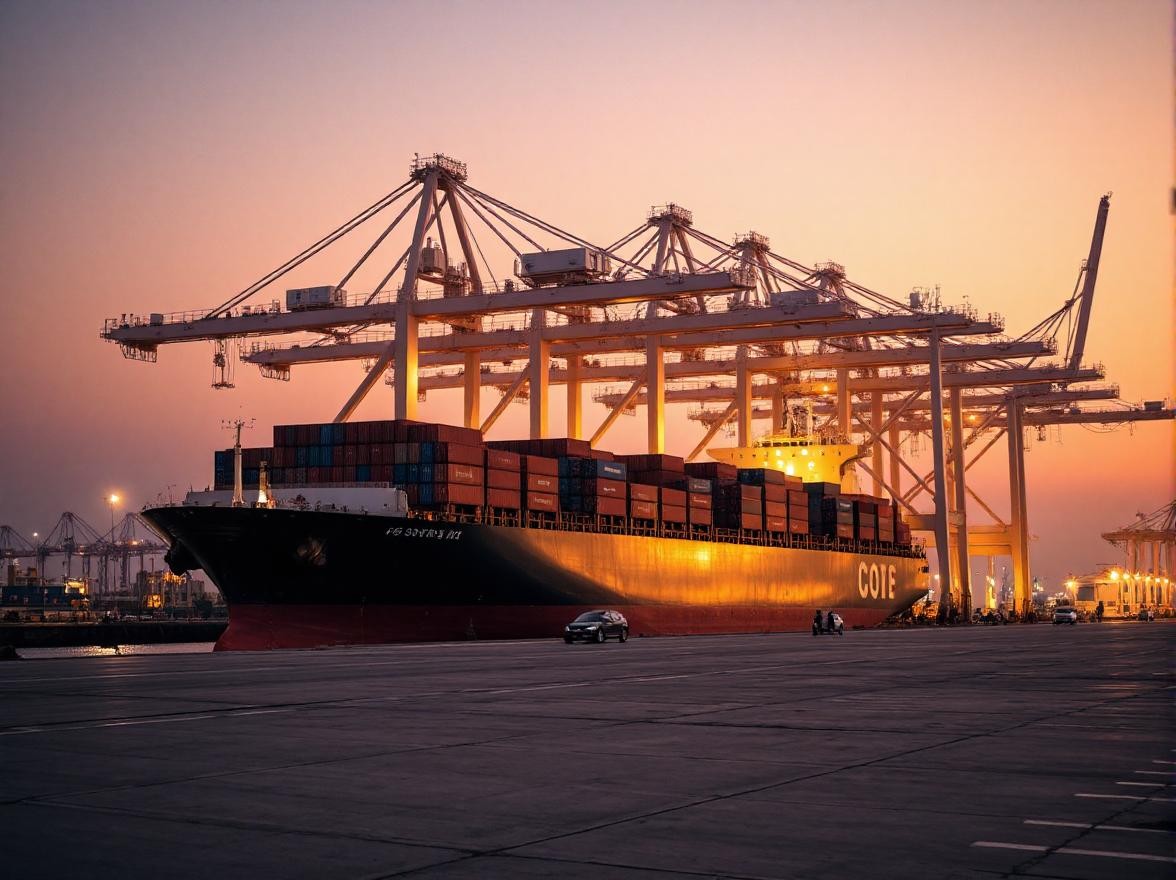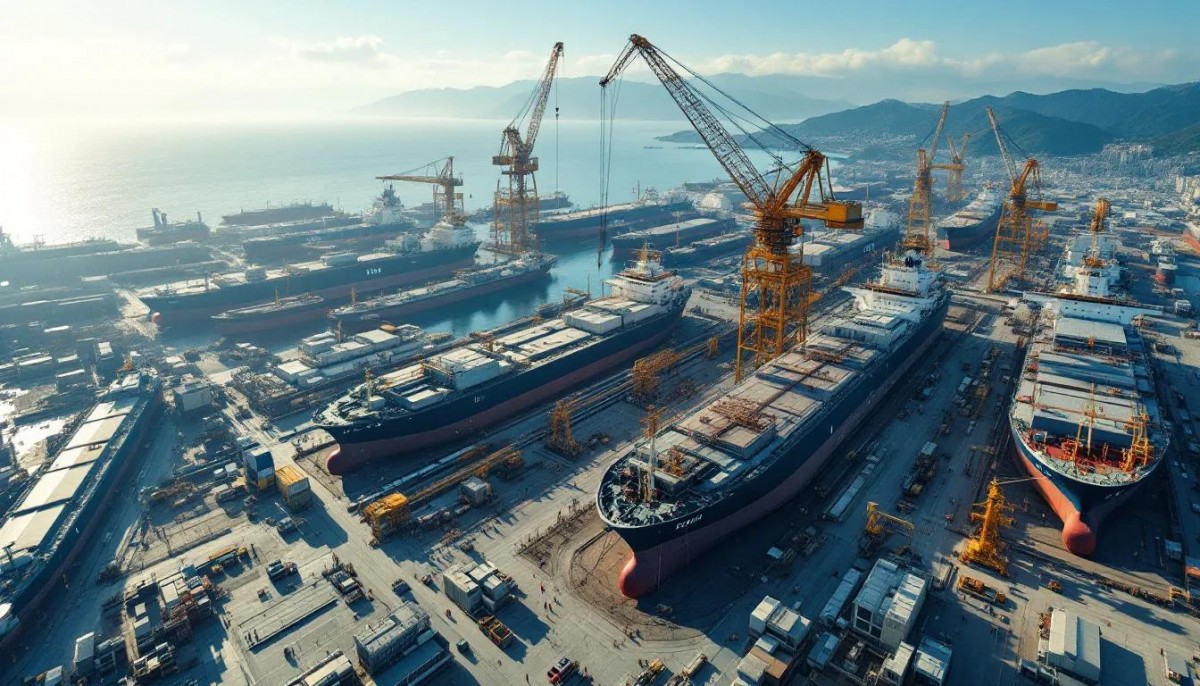Before diving into the specifics of cargo and freight, it’s essential to understand these concepts as they relate to transportation and logistics.
Cargo VS Freight
Cargo and freight both refer to goods transported from one place to another, but each has unique characteristics. While "cargo" typically refers to the goods themselves, "freight" often includes a broader set of terms, encompassing both the goods and the logistics of moving them.
What is Cargo?
Cargo refers specifically to goods or merchandise transported by a vessel, aircraft, train, or truck. This term is generally used in commercial and large-scale shipping contexts.
- Refers specifically to physical goods or items.
- Is used in logistics and transportation, usually on a large scale.
- Is mainly associated with air transport or sea transport, although it’s also used in rail and truck transport.
What is Freight?
Freight is a broader term used to describe both the goods and the process of transporting them. It refers not only to the cargo itself but also to the associated costs, logistics, and operations involved in the transportation of goods.
- Refers to both the goods and the cost of transporting them.
- Is commonly used in the context of both commercial and non-commercial shipments.
- Applies across various transport modes: air, sea, rail, and road.
Key Differences Between Cargo and Freight
1. Size and Quantity:
- Cargo often implies large-scale transportation of goods, typically in bulk. For instance, containers shipped internationally by sea are referred to as cargo.
- Freight, however, can refer to smaller shipments as well and is often used when discussing ground transportation, though it also applies to air and sea shipments.
2. Purpose and Destination:
- Cargo is typically used for international transport and large-scale goods, like raw materials, commodities, or manufactured products.
- Freight can include domestic shipments and smaller packages, often for businesses or individuals.
3. Legal and Documentation Differences:
- Cargo shipping usually involves more complex documentation due to international transport, customs declarations, and safety regulations.
- Freight often involves a freight bill or freight invoice detailing charges for the transportation process.
The Role of Logistics in Cargo and Freight
Logistics is the backbone of cargo and freight, covering everything from planning and implementing shipments to managing transportation costs and ensuring timely delivery. Logistics is crucial in:
- Organizing shipments based on the size, type, and destination of goods.
- Facilitating the coordination of various transportation modes, ensuring that goods move seamlessly from one location to another.
- Handling documentation, tracking, and management systems that keep shippers and receivers informed throughout the journey.
Efficient cargo and freight management ensures that goods are delivered on time, in good condition, and at a reasonable cost. This is vital for businesses to maintain a steady flow of inventory, meet customer demand, and stay competitive.
Benefits include:
- Improved cost efficiency by optimizing routes and transportation modes.
- Enhanced customer satisfaction through timely and accurate deliveries.
- Reduced risk of damage, loss, or delays, which can be costly for businesses.
- Unexpected Delays: Shipping delays due to customs issues, inclement weather, or logistical mismanagement.
- Cost Fluctuations: Fuel prices, tariff changes, and other costs impact overall transportation expenses.
- Complex Regulations: Especially with international cargo, compliance with different countries' rules can be challenging.
- Security and Risk of Damage: Goods may be susceptible to theft, damage, or loss during transit.
Invest in Advanced Tracking: Use GPS and real-time monitoring to keep track of cargo during transit.
Enhance Inventory Management: Streamline inventory to avoid overstocking or stockouts, especially for international shipments.
Build Relationships with Reliable Carriers: Work with reputable shipping companies and carriers to ensure dependable service.
- Optimize Freight Routing: Use technology to determine the best and most cost-effective routes.
- Negotiate Freight Rates: Building relationships with carriers and negotiating rates can significantly reduce freight costs.
- Use a Freight Forwarder or Third-Party Logistics Provider: These professionals can handle complex logistics and documentation requirements, especially for international freight.
What is the difference between cargo and shipment?
Cargo refers to the actual merchandise or goods being transported. Shipment, on the other hand, refers to the act of sending the goods or the overall set of goods within a shipping load.
Can cargo and shipment be used interchangeably?
Not exactly. Cargo refers specifically to the goods themselves, while shipment can mean the entire process of shipping, including the goods and associated logistics.
What is the definition of cargo?
Cargo refers to goods or merchandise that are transported, often by ship, airplane, truck, or train, for commercial purposes.
What is the definition of shipment?
Shipment refers to the action or process of moving goods from one place to another. It can also refer to the set of goods contained within a specific shipping load.
What are the different modes of transportation for cargo and shipment?
Air, sea, rail, and road are the main modes of transportation. Each mode is chosen based on factors like speed, cost, size, and destination requirements.


























